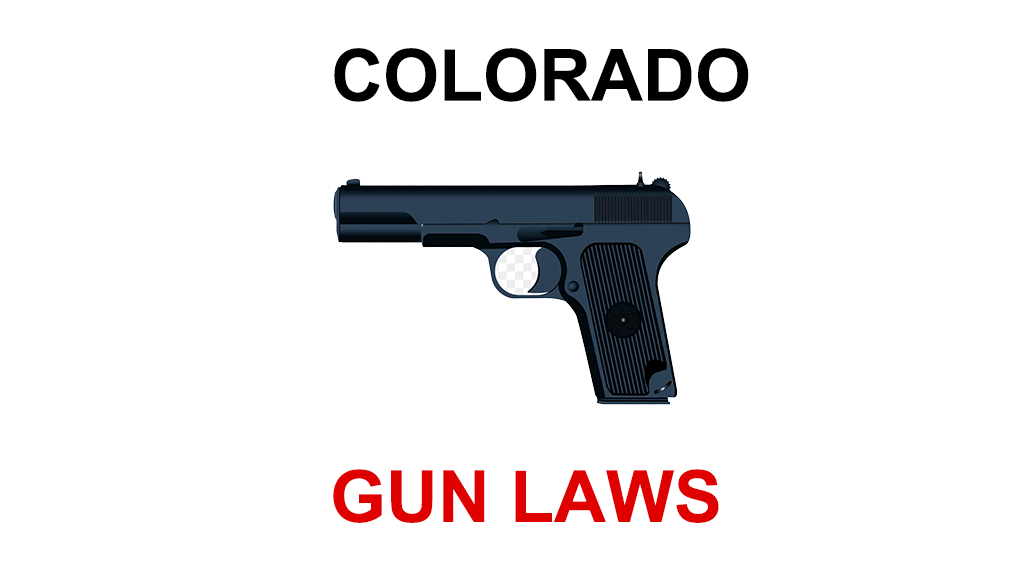
Image Credit: MateMedia
By Saul Roth
Here is an overview of the gun laws in the state of Colorado. Please note that gun laws can change over time, so it’s essential to consult the most recent and authoritative sources or legal professionals for up-to-date information.
1. Permits to Purchase and Possess Firearms: In Colorado, a permit is not required to purchase or possess firearms. Individuals who are at least 18 years old can generally possess firearms, including handguns and long guns, without a specific permit.
2. Concealed Carry Permits: Colorado is a “shall-issue” state for concealed carry permits. To obtain a concealed handgun permit, also known as a Concealed Handgun Permit (CHP), individuals must apply to the sheriff of their county of residence. Applicants must be at least 21 years old, complete a background check, complete a training course, and meet other eligibility requirements. The CHP allows individuals to carry concealed handguns in public places.
3. Open Carry: Colorado allows the open carry of firearms without a permit. Individuals who are at least 18 years old and not otherwise prohibited by law can openly carry firearms in public places. However, local governments have the authority to regulate open carry in certain areas or during specific events.
4. Firearm Sales: In Colorado, all firearm sales, including private sales, must go through a background check conducted by a licensed firearms dealer. Private sellers can conduct background checks through the Colorado Bureau of Investigation (CBI) or by transferring the firearm to a licensed dealer for the background check.
5. Magazine Capacity: Colorado imposes restrictions on the capacity of ammunition magazines. The law generally limits magazines to a maximum capacity of 15 rounds for firearms acquired on or after July 1, 2013. However, there are exceptions for certain individuals and firearms, such as law enforcement officers and tubular magazines on lever-action rifles.
6. Prohibited Persons: Colorado law prohibits certain individuals from owning or possessing firearms. This includes convicted felons, individuals with domestic violence convictions, individuals subject to certain restraining orders, those with a history of mental illness, and individuals addicted to drugs or alcohol.
7. Background Checks for Transfers: In addition to the background checks required for firearm sales, Colorado law also mandates background checks for firearm transfers between private parties. This means that individuals who are not licensed dealers must conduct a background check before transferring a firearm to another individual.
It’s important to note that this is a general overview of Colorado’s gun laws, and there may be additional provisions and nuances not covered here. Additionally, it’s crucial to consult the Colorado state statutes, legal professionals, or relevant law enforcement agencies for the most accurate and up-to-date information on gun laws in the state.

Recent Comments